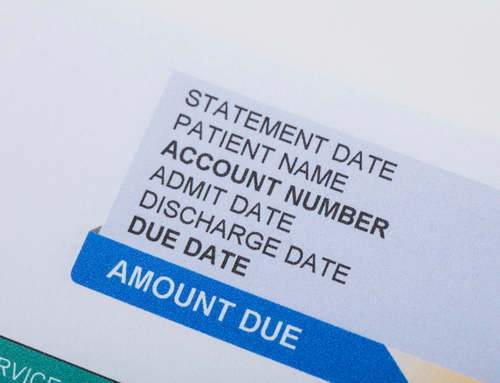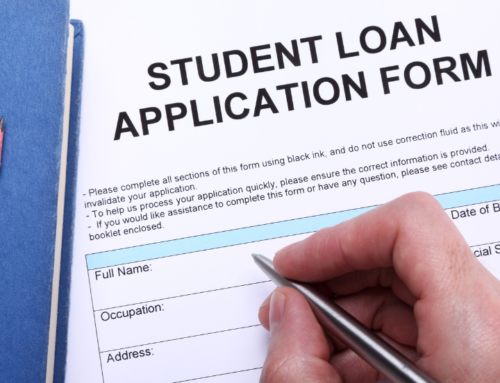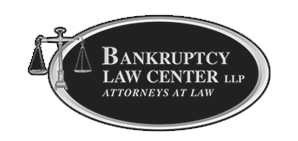If you’re one of the many residents in Wisconsin struggling financially due to a job loss, illness, or another event, filing for bankruptcy can help. The goal of federal bankruptcy laws is to give debtors a financial “fresh start” after discharging their debts in bankruptcy court. Whether you’ve filed for chapter 7 or chapter 13, the experienced attorneys at the Bankruptcy Law Center are here to help you prepare for life after bankruptcy.
While it may take some time to rebuild your credit, it is possible. Here are 4 steps that you can take to help get your credit score back on track.
Regularly Check Your Credit Reports
Credit reports aren’t perfect. In fact, a 2012 Federal Trade Commission study found that five percent of consumers had errors on one of their three major credit reports. If you’re looking to repair your credit after bankruptcy or foreclosure, a great way to start is by familiarizing yourself with your credit report. Depending on what type of bankruptcy you filed, your reports will either show a chapter 7 bankruptcy for 10 years or a chapter 13 for 7 years. Checking your reports regularly can help you find and immediately dispute any potential errors.
Monitor Your Credit Score
It’s smart to track your credit score from month to month. Your credit scores are calculated using the information found in your credit reports, so any inaccurate negative information can make it even harder for you to dig out of debt. Bankruptcy will likely cause an initial drop in your score of 100 to 200 points, though this varies and the effects should improve over a short period of time.
Practice Responsible Credit Habits
Much of your debt will likely be eliminated following bankruptcy, making it the ideal time to start building up your savings. It will be beneficial to create a budget and a repayment plan based on your income and remaining expenses. Keeping a close watch on your spending habits is a great way to ensure you stay within your means and don’t overspend. Additionally, it’s imperative that you make on-time payments when rebuilding credit.
If possible, aim to build an emergency savings stash so you’re covered for unexpected expenses such as car repairs and medical bills. Or, consider working with a reputable credit counseling agency but try to avoid credit repair companies. The goal is to reduce your chances of incurring future debt that can slow or even reverse all the progress you’ve made toward obtaining a fresh start.
Consider Getting a Secured Credit Card
Reducing your dependence on credit cards is an important step toward building credit after filing for bankruptcy. Secured credit cards are considered low risk and you don’t need good credit to be eligible for one. This type of card is backed by a cash deposit you pay, and the credit limit typically is the amount you have on deposit. Ideally, your secured credit card will “convert” to unsecured after a set period of time. As long as you’ve paid your balance, you will likely get your deposit back when it converts.
Have More Questions About Building Credit After Filing For Bankruptcy?
No one plans to file for bankruptcy, but when things happen beyond your control it may be the best course of action. By understanding your options, you can learn how taking these steps can help boost your credit after it’s been on shaky ground. The Bankruptcy Law Center LLP is experienced in assisting clients who are filing for bankruptcy in Milwaukee. We know the ins and outs of the U.S. Bankruptcy Code and can help you get the most out of your bankruptcy.
Contact us today to get started with a free case evaluation.





